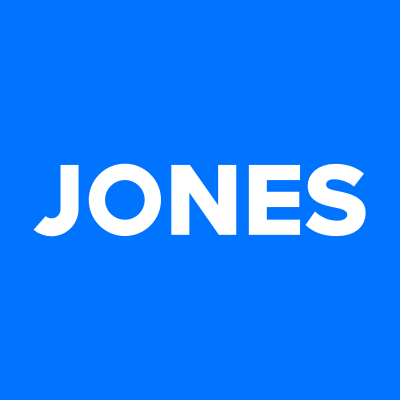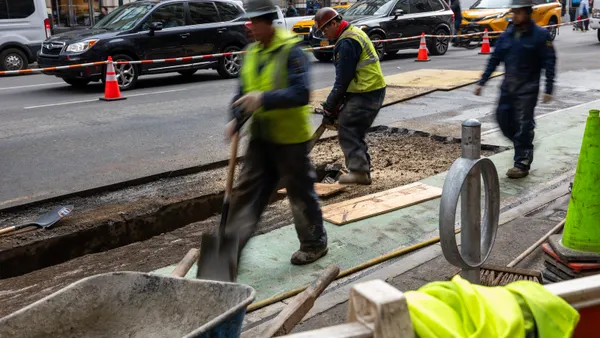The coronavirus pandemic has negatively impacted many construction companies' operations. But some publicly traded firms have been able to grow revenue, even as the outlook ahead remains mixed.
AECOM reported $3.31 billion in revenue for its 2021 fiscal first quarter Monday, a rise of 2.4% over the $3.23 billion it recorded a year ago. In fiscal Q4 2020, AECOM saw $3.57 billion in revenue.
The Los Angeles-based professional services company, one of the world’s biggest players in the construction and engineering spaces, grew its overall backlog to $39.72 billion, a jump of 8% from the $36.52 billion it had on its books in the first quarter of last year. But sequentially, the firm’s backlog was down 3.5% from the $41.17 billion it posted for fiscal 4Q 2020. And while the firm increased its earnings guidance, it maintained that its revenue would be flat for the year.
Troy Rudd, the firm’s CEO, attributed the backlog drop to the continued uncertainty among the firm’s customers during the COVID-19 pandemic.
“Client decision-making has slowed,” Rudd said on an earnings call Tuesday. “In addition, our backlog was impacted by a reduction in scope on a large project.”
Backlog has acted as construction’s insurance policy during the pandemic. While many new nonresidential construction projects have been delayed or canceled outright, backlog projects have allowed contractors to stay busy with previously awarded work, even if new work hasn’t materialized.
Some firms have been able to continue growing backlog, even during the pandemic. But for the industry as a whole, economists covering the construction sector see declining backlog numbers as a red flag for tough times ahead for contractors.
On AECOM’s earnings call, analysts focused on the firm’s sequential backlog decline, and asked whether it influenced AECOM to issue its flat revenue guidance.
“We see the environment that the construction management business is in as being challenging,” Rudd said. “There are decisions on projects being delayed, and even work being delayed on some of our existing projects. So I view that as we're going to be burning off some backlog during the course of this year.”
Tapping into the broader environmental, social and governance movement in the AEC space, AECOM also announced changes to an existing $1.15 billion revolving credit facility to incorporate ESG benchmarks.
Lara Poloni, AECOM’s president, said the credit line would now incorporate incentives and penalties for meeting or missing the firm’s greenhouse gas emissions and inclusion and diversity goals, which include increasing the percentage of women at the company.
“We are literally putting our money where our mouth is,” Poloni said.
Jacobs' revenue, backlog climb
Jacobs Engineering Group saw a 0.6% year-over-year change in revenue, as the company posted $3.38 billion in revenue for the first quarter of 2021, according to its quarterly earnings report released Tuesday. Revenue was down a bit from the $3.5 billion in revenue the company posted for Q4 2020.
Additionally, the Dallas-based construction company saw its backlog increase by $2.4 billion to $25.1 billion — an 11% year-over-year change, and a 5% sequential increase from the $23.8 billion backlog it reported in fiscal 4Q 2020.
Jacobs also announced it had made good on its carbon-cutting initiatives, something CEO Steve Demetriou said he was proud of in the firm's earnings call. The company reached net carbon zero and 100% renewable energy for its operations in fiscal year 2020, according to the report.
“The climate agenda will continue to be front and center in 2021, with the U.S. rejoining the Paris agreement,” Demetriou said during the call. “Jacobs is uniquely positioned to support our clients and communities in deploying solutions across the full spectrum of decarbonization.”
Jacobs achieved its environmental goals by reducing business travel and focusing on virtual conferencing —which was aided by the necessity of the transition brought on by the COVID-19 pandemic — and improving energy consumption by focusing on sustainable office spaces and changing fleet and rental car policies to electric or hybrid car preferences.
Jacobs’ climate action plan will continue as the company seeks to be carbon negative in operations and business travel by 2030.















